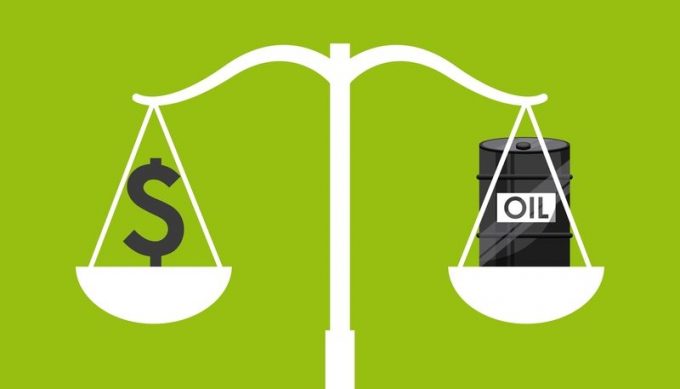CMA CGM to launch China-Mexico express shipping service
More evidence of the burgeoning direct trade between China and Mexico was on show yesterday ...

New warnings from the World Bank of surging oil prices, adding to the continuing instability in the Middle East, will add more risk to forwarders’ and shippers’ supply chains.
The international financial institution said a serious escalation in Iran-Israel hostilities could push oil prices beyond the $100 a barrel mark, adding further worries to supply chain managers left nervous by Iran’s recent seizure of a box ship.
Drewry MD and head of supply chain advisors Philip Damas said the Iranian action had widened the risk area eastwards.
“From the Suez Canal Red Sea area to the entire Gulf of Hormuz region is the gateway for a region responsible for 3% of worldwide container traffic, a total market of 17m teu,” he explained.
“Free navigation through the Strait of Hormuz to and from the Gulf ports is vital for the oil and gas sector and for the global economy.”
Concerns among forwarders and shippers, not to mention container lines, escalated after the Iranian military seized the 15,000 teu box ship MSC Aries on 13 April and threatened to close the Strait, potentially severing major fuel and goods flows.
Mr Damas said if that happened, carriers would face a multitude of impacts, with likely diversions to UAE ports outside the gulf, as well as to Oman.
Potentially seeking a silver lining, the Drewry MD noted there was “quite a lot of latent capacity” at ports outside the Strait of Hormuz and, while it would take to bring this online, it offered a short-term contingency option.
These ports include the UAE’s 5m teu Khor Fakkan and 720,000 teu Fujairrah, as well as the 1.6m teu Hutchison-operated terminal at Oman’s Port of Sohar.
“This would not address the situation, of course, for shippers and forwarders – which could expect multiple impacts, including risks of service discontinuation and of new surcharges,” Mr Damas added.
Added to the equation, forwarders and shippers is that warning from the World Bank on oil prices. The bank noted the decline had been levelling off even before the conflict between the governments in Tel Aviv and Tehran, and that once-hoped-for averages of $84 per barrel was too optimistic as tensions rose.
Its latest commodity markets report notes: “More severe disruption could see oil prices surpass $100 a barrel, raising global inflation in 2024 by nearly one percentage point.”
Coming alongside that World Bank warning, the suggestions from Drewry of further surcharges will only compound forwarder frustrations in what has been a tense few years between them and carriers.
Comment on this article